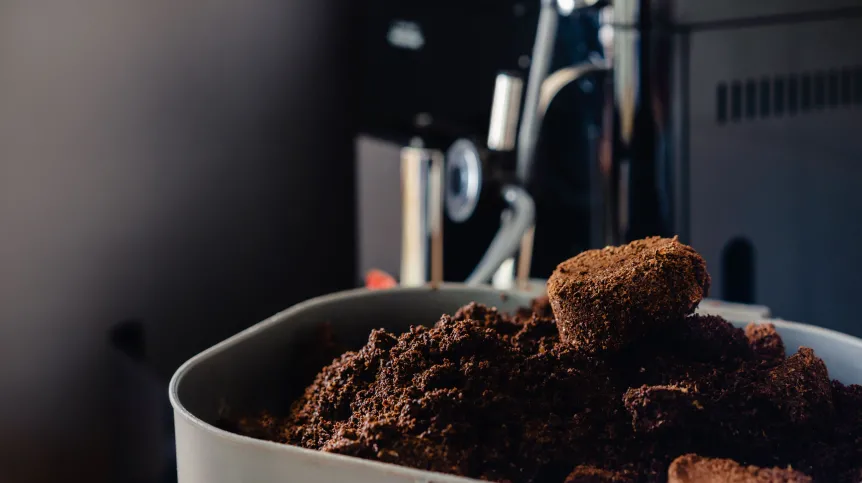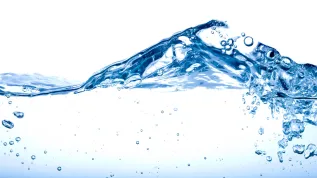
Give coffee grounds a new life and create materials that could replace or reduce the consumption of plastics made from crude oil - this is the goal of a project by scientists from the Centre of Advanced Technology at the Adam Mickiewicz University in Poznań.
According to the university’s spokesperson Małgorzata Rybczyńska, coffee residues can be a valuable raw material used in the production of daily products, replacing or reducing the use of plastics.
The topic will be addressed by scientists working on an international project under the supervision of Dr. Bogna Sztorch. The objective is to develop friendly composite materials capable of replacing petroleum-based plastics, and entirely based on plant-based raw materials.
'Out of concern for the environment and our planet, we are undertaking measures to limit the negative impact of industrialisation and a consumer lifestyle. Making the things we use daily useful even after they have served their purpose so that they do not turn into waste, which burdens the environment', says the university’s Professor Robert Przekop.
'The manufacture of all the materials on which our civilisation is built involves the consumption of energy and, therefore, the emission of carbon dioxide. By giving material waste a new life, we reduce emissions', he adds.
Assisting the scientists are volunteers from the university who have been supplied with white containers and collect the grounds from the cups of coffee they drink within their faculties. The containers are collected at least once a week.

The university says that in this way employees not only are involved in the research project, but also implement ecological solutions in the workplace. (PAP)
Rafał Pogrzebny
rpo/ agt/ kap/
tr. RL













